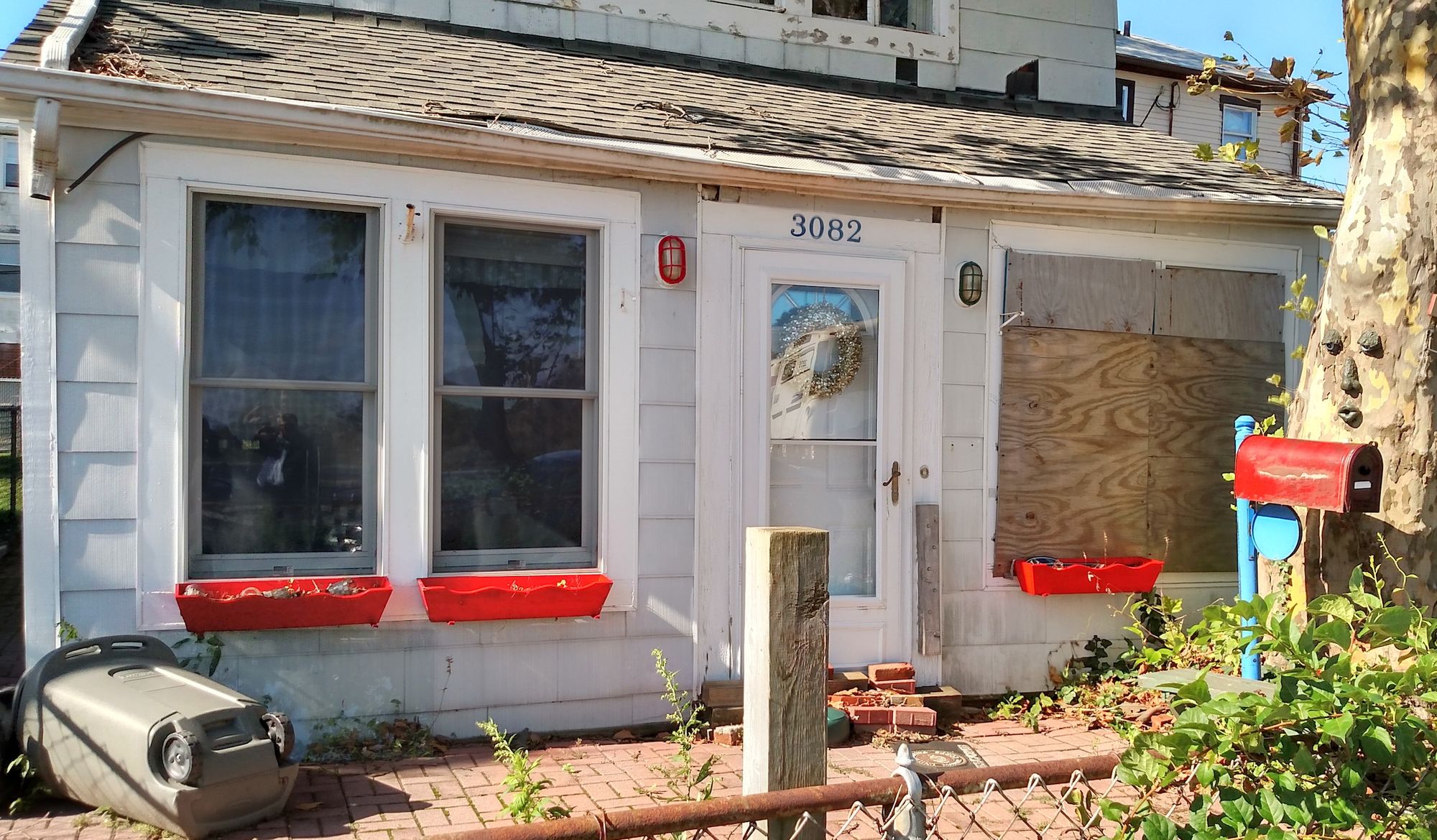Sandy Recovery Is Driving Up Property Taxes In Coastal Communities


Homeowners in Superstorm Sandy-impacted neighborhoods, who are seeing the first signs of measurable progress in the city’s Build it Back program, may experience a spike in their property taxes due to storm recovery efforts.
“This past year, you may have gotten a notice that shows your [property] values went up. And that is just a reflection of the fact that the neighborhood is coming back,” said Department of Finance Tax Assessor Ben Minko.
Minko, who was speaking at a Senator Marty Golden’s Sandy Town Hall in Gerritsen on Thursday, explained the Department of Finance had reduced property value assessments, used to calculate taxes, in Sandy’s aftermath to alleviate financial burdens on affected homeowners.
But now that some of those areas are starting to bounce back, and property sales are returning, Minko said the Department of Finance is reversing those benefits — causing a jump in property value assessments.
However, some homeowners at the meeting said the Department of Finance brought back property values too soon. William Matheson, whose house near Gerritsen and Lois avenues was destroyed by Sandy’s floodwaters, said the city hit him with a $150,000 increase in his property’s value, even though Build it Back informed him the house needed to be demolished.
“I haven’t lived in the house since Sandy. It’s been ripped apart. There’s no bathroom, no kitchen, the tub is in the middle of the floor, and the house is on bricks,” he said. “How do I fix this? Where do I go?”
Matheson said he’s already cash-strapped trying to hold on to the derelict property, which his family has owned for decades, and fears even a small tax hike could cause him to lose the house.
“We’re teetering on the edge of bankruptcy at this point,” he explained. “Even though I haven’t lived in the home since Sandy, the bills are still there. We still have a mortgage and flood insurance.”
Matheson asked the Department of Finance to take another look at his property and said he was flummoxed by how a home slated for demolition could go up in value.
“[Department of Finance] just raised the value for everybody and raised their taxes. They never actually looked at the home,” he said.
The New York City’s property taxes have become hot-button issue this year. Golden co-sponsored a bill to cap property tax increases at two percent per year. (Similar to tax caps in other New York municipalities.) The bill sailed through the State Senate but is unlikely to pass the Assembly, according to the New York Times. A group of City Councilmembers, including Mark Treyger, have also called for the city to bring back a property tax rebate, the Daily News reports.
Increases in property taxes are not limited to Sandy-affected areas. The Department of Finance reports homeowners’ taxable values jumped city-wide by 8.1 percent this year — alongside a surging real-estate market. Brooklyn’s taxable increases, at 12.39 percent, outpaced every other borough.
Homeowners have until March 15 to appeal their property value assessment, according to the Department of Finance. They will need to prove their home is overvalued based on recent sales in the neighborhood.
Robert Randall, who is expecting a jump in the tax bill for his home on Brigham Street, said the city is missing an important issue when determining property values: rising flood insurance rates.
New FEMA flood maps, which the city is contesting, threaten to boost insurance rates for those who don’t raise their houses above the flood plane and could make homeownership unaffordable for many middle- and low-income families.
Randall, who said he was grandfathered into a program that allowed him to purchase insurance before the new rates took effect, wondered how he could sell his house in the future if the new owners have to pay the higher premiums.
“My thing is: How are people going to be able to sell these homes now? They will have to sell to a developer and they will put up condos,” he said.




